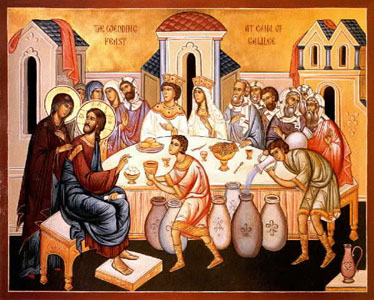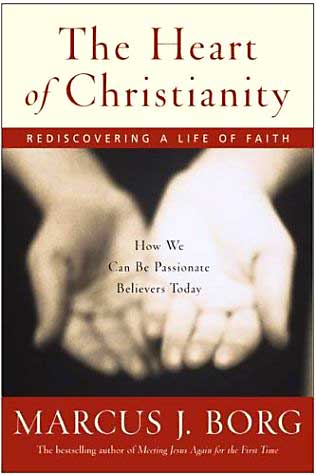Inspired by the documentary Kumaré, we decided to have a discussion from a Christian perspective.
Let’s consider this as episode zero of a future podcast!
Community at the intersection of religion and technology.
“We must invite others to venture into a personal relationship with Jesus of Nazareth, no matter how tentative, no matter if all the options are on the table, and trust the Spirit to take it from there.”
- Leonard Sweet, So Beautiful
Evangelical Christian culture is focused on sealing the deal with conversions. But what is a conversion? What does that mean? The standard answer would be to raise your hand and repeat a prayer: “Jesus is my savior, he died for my sins.” There’s really not much in the sinner’s prayer beyond that.
Immediately, though – after a round of applause – the new “Christian” is told there’s a whole list of doctrine that she now has to ascribe to. A list of things to believe.
As might be expected, there’s often pushback on many of the new beliefs that must be adhered to. Rules that dictate our behavior, sex lives, spending, belief systems, etc. There’s a sense that you’re either all in … or you’re out. Either you agree with us on everything, or you’re not a Christian.
If you consider yourself a follower of Christ, think of how that process happened. Did you immediately know everything that entailed? Did you agree with all that you were told 100%? I certainly didn’t.
I appreciate the sentiment that Len Sweet expresses here. Invite other people to know Jesus the Messiah. If they’re unsure, if they still hold on to other beliefs (crystals, universalism, the American Dream) – don’t shun them. Continue to invite them. Either they’ll mature in their faith, or they’ll self-select out. That work of sanctification, of conforming people into the likeness of Christ, is not our work. It’s God’s work.
We don’t convert, and we don’t sanctify. Instead, our role is to invite – and trust that He who began a good work will bring it through to completion.
Thoughts? We might say that a pastor’s role is to be a gatekeeper, and that is definitely true. Keep the wolves out. But I’m thinking more about us giving up too easily on people who aren’t as far along their walk as we are.
A good friend, Philip Mills, has set Psalms 1, 2, 3, and 4 to music. You can listen to them here:
Psalm 1
Psalm 2
Psalm 3
Psalm 4
In this clip, Tim Conder speaks about the worship service at Emmaus Way in Durham, NC.
How should a Christian worship service be structured? Is there one right way? Is there a Biblical model? Can we do a service ‘in the round?’
Thanks to Homebrewed Christianity for the interview!
Would you turn down a free invitation to a royal wedding? 
People do.
This is a message I gave at Mosaic Boston on Sunday, June 16th.
Sermon text is the Parable of the Wedding Feast – Matthew 22:1-14
Listen here or click the arrow to download (⇩)

“When Paul resolved to ‘preach nothing but Christ and Christ crucified,’ this is centrally what he meant: the cross as a symbol of the process of personal transformation at the heart of the Christian life.” – Marcus Borg, The Heart of Christianity
Earlier in the book, Borg has made clear that he believes substitutionary atonement is an incorrect understanding of the cross – that it was only invented in the 11th century. He also believes that there is no actual process of being ‘born again’ – that all people are always in a relationship with God.
It would appear, then, that the Apostle Paul was a traveling motivational speaker – urging people to be better versions of themselves. I have trouble believing that such a message would have set off the dynamic and rapid growth of early Christianity.

“God is also known in other ways and other religions, I am convinced, but to be Christian is to be centered in the God of the Bible.” – Marcus Borg, The Heart of Christianity
Since the Bible describes an exclusive God, I don’t understand how Christian pluralists deal with texts like John 14:6
“I am the way and the truth and the life. No one comes to the Father except through me.”
Are passages such as this discarded as counterfeit sayings of Jesus?